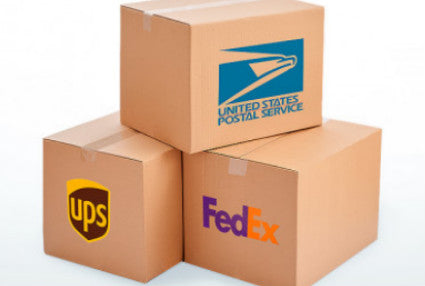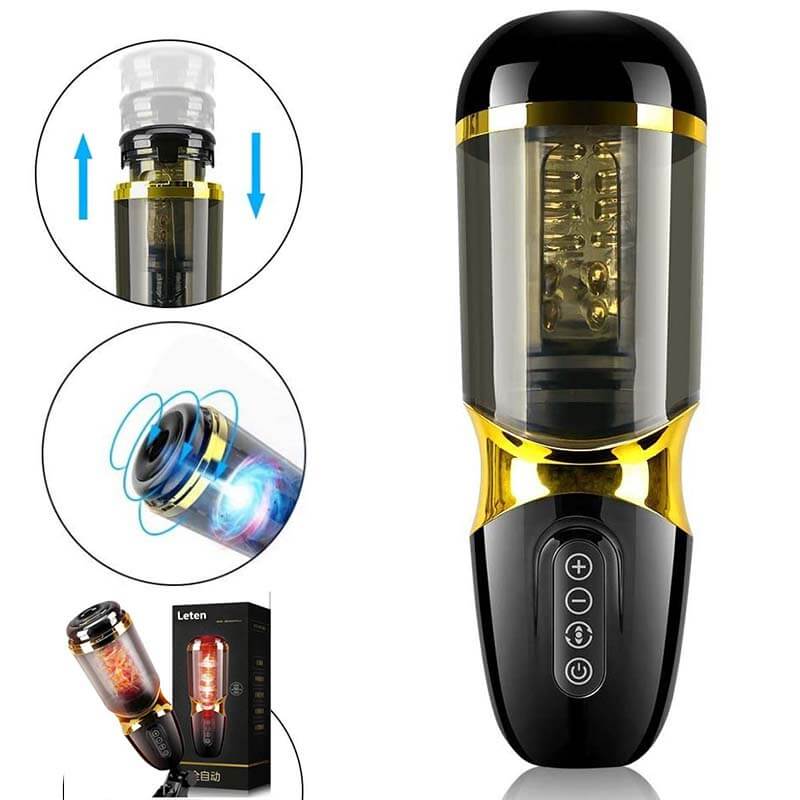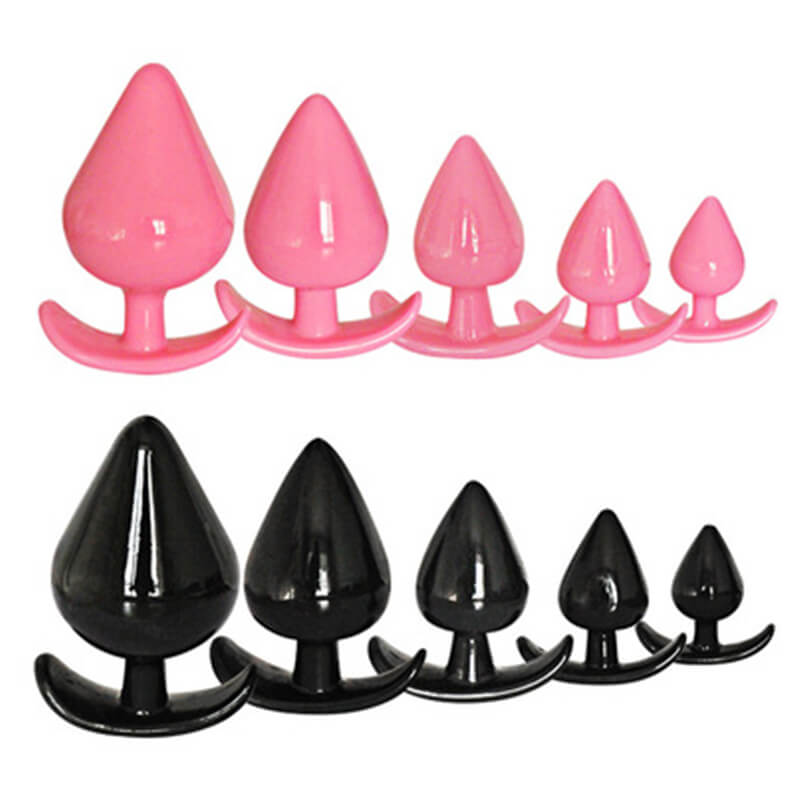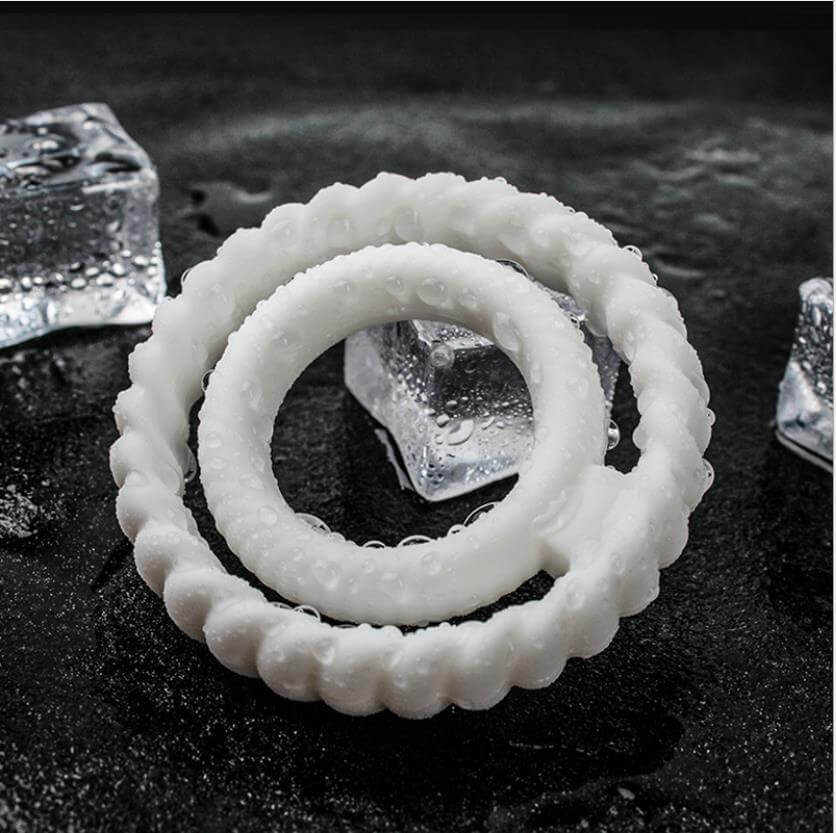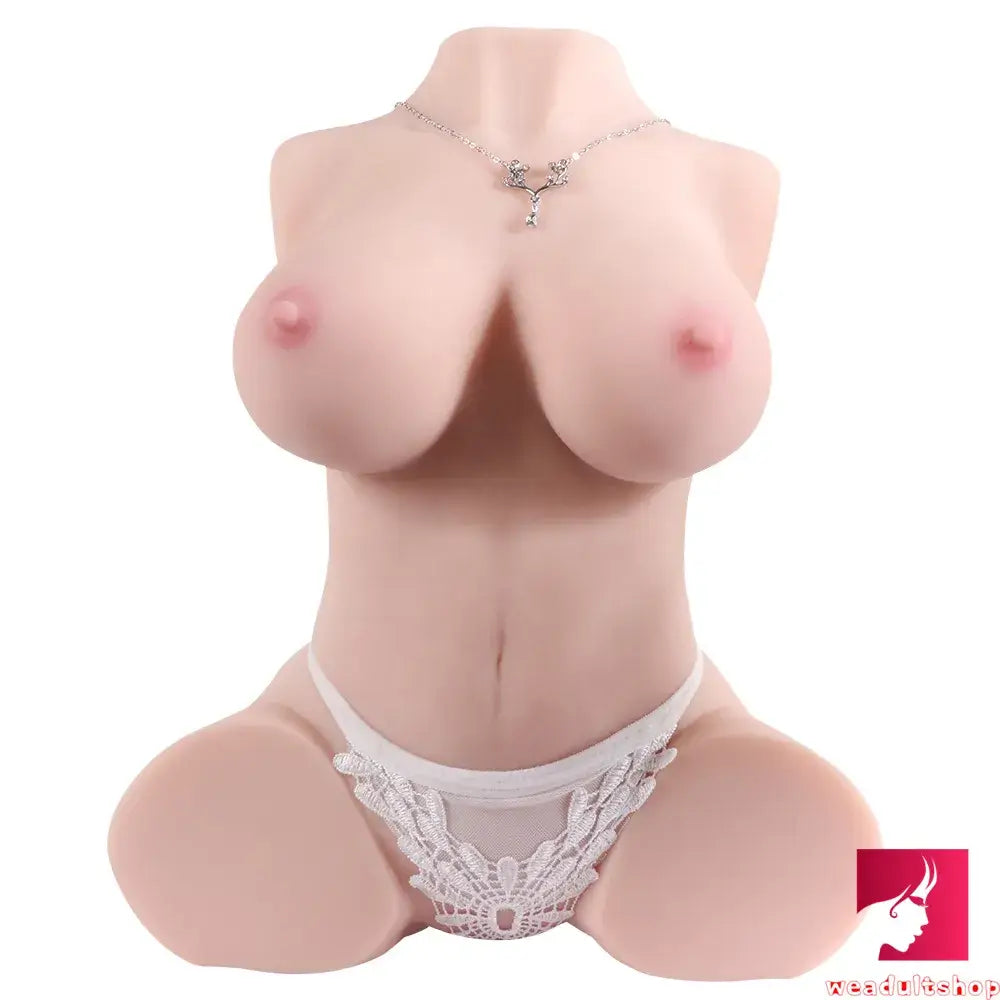Go into any supermarket or corner store and look around, and the first thing you will see is not food: they are polypropylene, high-density polyethylene, polyethylene terephthalate - in fact, aisle after aisle of packaging. At the checkout, you will get some low-density polyethylene. Take it home, and then, most likely, it all goes straight in the bin.
Felicity Murray edits the packaging Industry's leading business title, Packaging News. She says that when people ask what she does for a living, she steels herself for the inevitable rant, always along the same lines: there is too much packaging, it is infuriating, and it is impossible to open.
"Packaging has so many benefits, and makes life easier for us, but the sad thing is that it is something we take for granted," Murray says. "It is only when it goes wrong, or you cannot open it,or you are trying to stuff it into the inn that you think, there is too much of this stuff...otherwise, most people don't even think about it - it just part of life.
Annually, we use about eight billion carrier bags. Globally, about 400 billion cans for food, drinks, Industrial products and aerosols are made each year. And the global bottled-water market grew by nearly 10 percent last year to near tidal-wave proportions: 155 billion liters.
Without modern packaging, however, most of us would probably starve. The industrialized food-supply systems that have been adopted in developed nations depend on centralized processing, long distribution chains and long shelf like for products-hence the "modified atmosphere" (mostly nitrogen) in which many fresh products, including meat and salads are sealed.
Packaging has also been driven by changing demographics: more people live alone, and often both partners in a couple work. There is a desire for convenient food, with a longer fridge-life, in a range of sizes. We also buy more stuff than we once did. It all means more packaging. In our daily life, when we buy something on the internet, we will always get a product with good package. For example: When we buy sex toys, there will always be some good packages to protect your privacy.
Sensitive to criticism from customers and groups such as Friends of the Earth and Greenpeace, and forced by Europeans and domestic legislation to reduce waste, the packaging industry has been light weighting: reducing the quantity of raw materials used in packaging. Most plastic carrier bags are half as thick as 20 years ago. Drinks cartons are 16 percent lighter than 10 years ago.

